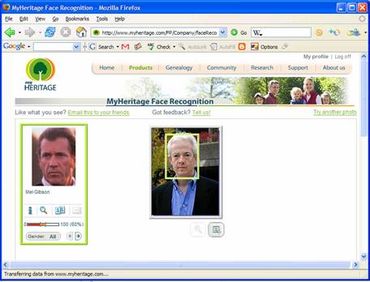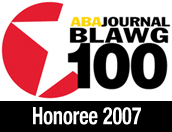7th Circuit slams 'secret opinions'
In Hicklin Engineering v. R.J. Bartell, the three-judge panel cautioned: "We hope never to encounter another sealed opinion."
The issue came before the court on the question of whether it could publicly discuss the district court's reasoning given that the opinions were sealed. The court could barely contain its surprise:
"The judge did not explain what authority permits a federal court to issue entire opinions in secret. Redacting portions of opinions is one thing, secret disposition quite another. We have insisted that litigation be conducted in public to the maximum extent consistent with respecting trade secrets, the identities of undercover agents, and other facts that should be held in confidence. ... This means that both judicial opinions and litigantsÂ? briefs must be in the public record, if necessary in parallel versions Â? one full version containing all details, and another redacted version with confidential information omitted. ...[Via Reporters Committee for Freedom of the Press.]
"What happens in the federal courts is presumptively open to public scrutiny. Judges deliberate in private but issue public decisions after public arguments based on public records. The political branches of government claim legitimacy by election, judges by reason. Any step that withdraws an element of the judicial process from public view makes the ensuing decision look more like fiat and requires rigorous justification. The Supreme Court issues public opinions in all cases, even those said to involve state secrets. ... It is impossible to see any justification for issuing off-the-record opinions in a dispute about drawings of transmission testing equipment."




 Robert J. Ambrogi is a
Robert J. Ambrogi is a 




